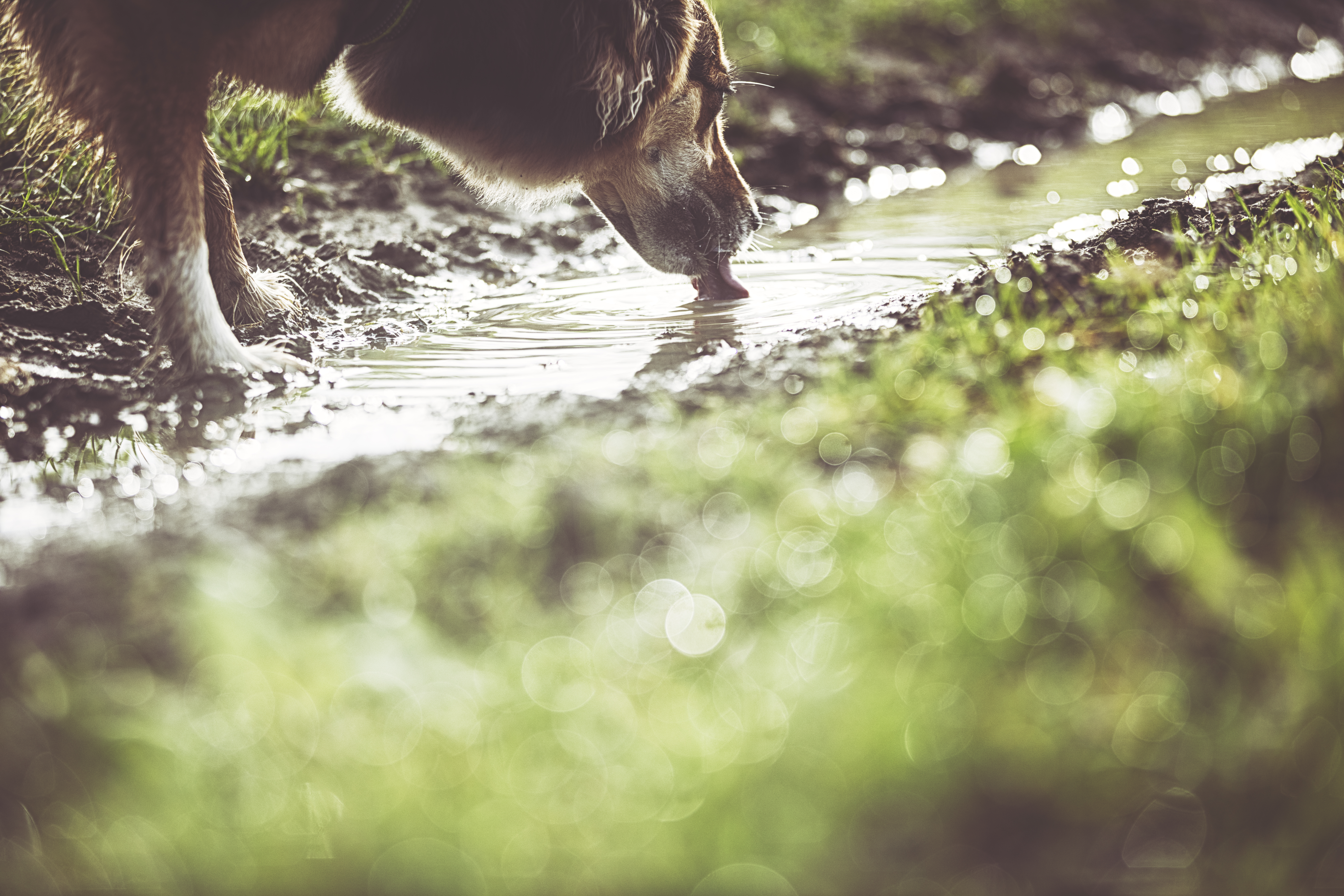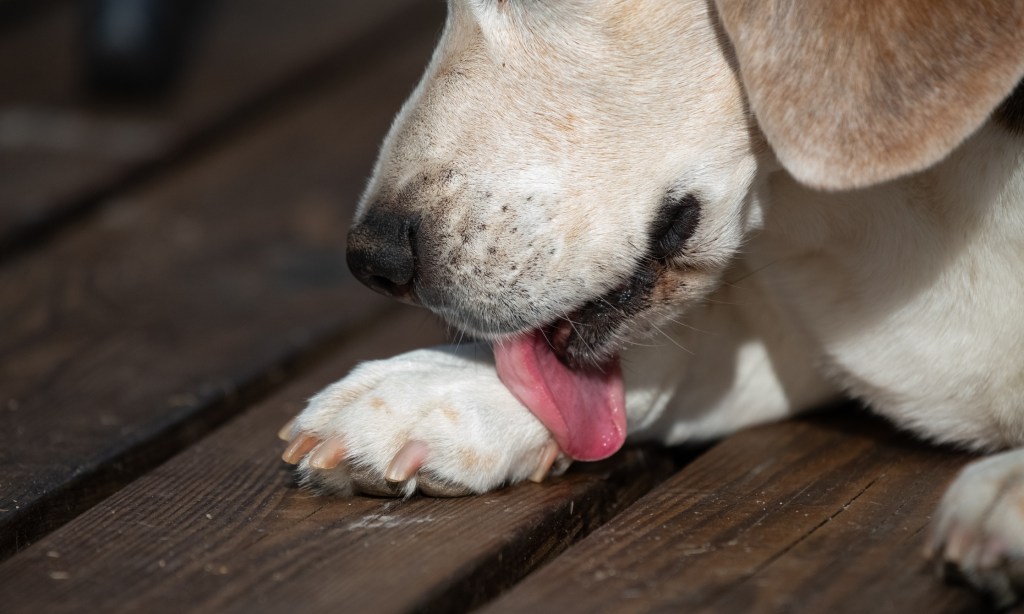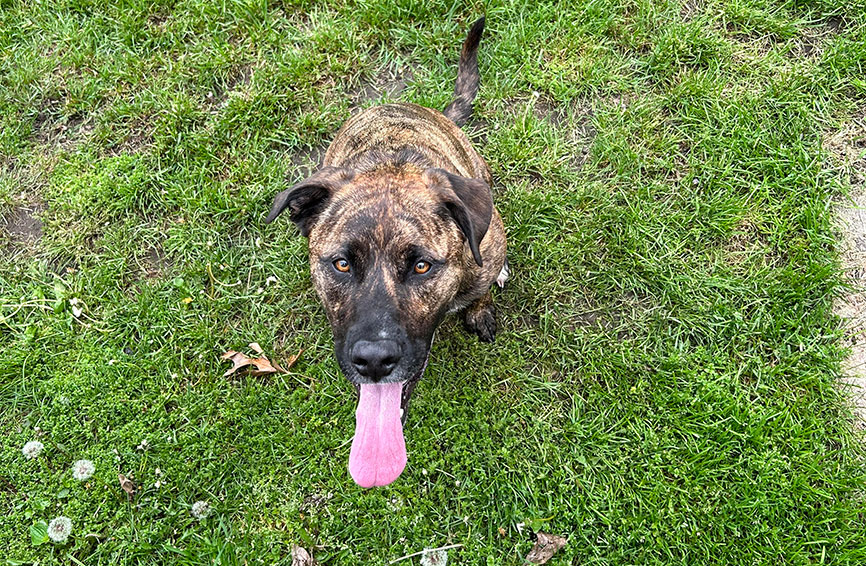Key Takeaways
- Giardia causes giardiasis, a parasite infection of the intestinal tract.
- It is caused by contact with feces or standing water that contain the giardia parasite.
- Giardia symptoms include soft stools with mucous and diarrhea.
- Giardia is not life-threatening but can lead to dehydration and severe discomfort.
- The condition can be treated with antibiotics and medications to ease symptoms.
Table of Contents
Giardia, which causes a condition called giardiasis, is a parasite infection that affects the intestinal tract of cats, dogs, and even humans. The parasite is passed from one animal to another in the form of a hard-shelled cyst via fecal matter or contaminated food, water, and surfaces. This shell allows the parasite to live outside of the body for a long period of time, and it also makes it harder to kill. Once ingested, the cysts break open and the parasite is released, and more cysts are released through feces.
Giardiasis isn’t usually a life-threatening infection, but it’s not pleasant to endure. For that reason, it’s important to take careful preventative measures to ensure your pet doesn’t become infected. If they do become infected with giardia, then swiftly eradicating the parasite while treating the symptoms is important for their health, comfort, and to stop it from spreading further.
Giardia Causes & Prevention
Any time your pet comes into contact with feces or standing water that contain the giardia parasite, they have a chance of contracting it. Typically, it’s passed inadvertently via a contaminated surface, stepping in or ingesting contaminated feces, or when using a litter box that’s shared with an infected cat.
Chances of becoming infected with giardia increase in unclean or cramped spaces, specifically in poorly-kept animal shelters, breeding facilities, and puppy mills. To prevent your pet from giardia, it’s important to keep their living space clean and to cut off interaction with an infected (even if it’s only suspected) animal.
Common Giardia Symptoms
The biggest indicator that your cat or dog has been infected with giardia is if they have soft or watery stools, mucous in their stools, or diarrhea. Additionally, giardia can make their feces smell worse than it otherwise would, is often tinged green or yellow, and may sometimes contain blood. These abnormal bowel movements may be inconsistent. Other symptoms of giardia include fever, lethargy, vomiting, abdominal sensitivity, dehydration, weight loss, and general malaise.
It’s possible for your pet to be an asymptomatic carrier, which means that they have the parasite but do not exhibit or experience any signs of discomfort, pain, or general infection. If you have another pet in your home that is consistently getting the parasite and you can’t figure out why, it could be due to an asymptomatic pet. If you suspect your pet is an asymptomatic carrier, he or she should be treated in the same manner as one with symptoms would be.
How to Treat Giardia
While giardia isn’t considered a life-threatening infection, it ought to be treated promptly because vomiting and diarrhea can lead to dehydration which is serious. Not to mention, giardia is not comfortable or fun for your pet! If you suspect your pet has giardia, schedule an appointment at the veterinarian right away and be prepared to capture a stool sample. Your vet will take a physical assessment of your pet and will run tests on collected fecal matter to try to see if they giardia cysts are present.
It’s not always possible to concretely determine if your pet has giardia in-office because some tests are unclear, and because some tests must be sent to a laboratory for several days. It’s fairly common for your vet to make a presumptive diagnosis of giardia based off your pet’s current symptoms.
If diagnosed, your pet will likely be prescribed a round of antibiotics (common drugs are fenbendazole and metronidazole) that lasts for one to two weeks. One round of antibiotics is usually sufficient in killing the parasite. It’s also common for vets to prescribe treatments that help ease the side effects of giardia (like dehydration and discomfort).
A follow-up will likely be recommended to make sure your pet’s symptoms have cleared.
Can I Get Giardia From My Pet?
Though it’s possible, it’s not common for humans to contract giardia from their pet. This is because of how the giardia parasite is transferred from one animal to another (through feces), and because the parasite that affects dogs and cats isn’t usually the same parasite that affects humans. Still, it is important to treat your pet right away.
The content is not intended to be a substitute for professional veterinarian advice, diagnosis, or treatment. Always seek the advice of your veterinarian or other qualified health provider with any questions you may have regarding a medical diagnosis, condition, or treatment options.
If you love your pets like family, you want to protect them like family. With Healthy Paws Pet Insurance, you can save up to 90% on vet bills and say “yes” to life-saving treatments, no matter the cost. If you’re not a part of our pack yet, start by getting your free quote today.








